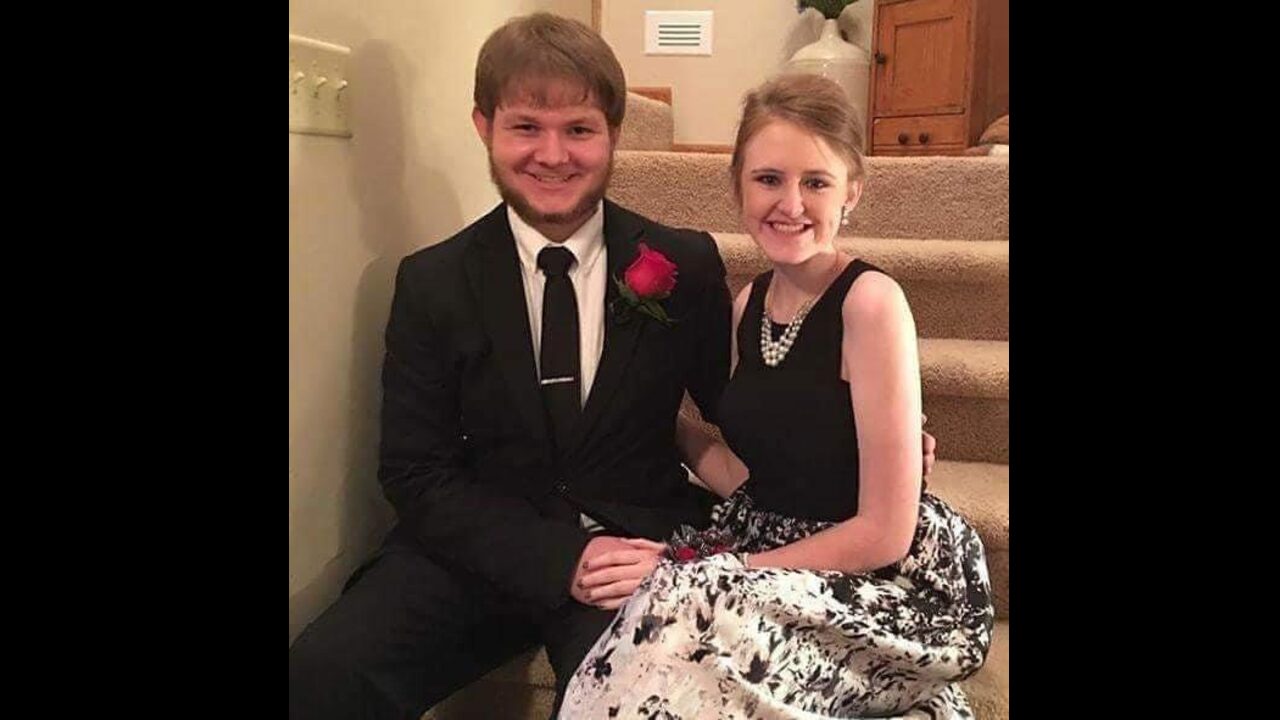How to motivate your passion: love what you do and find a good community
Photo description: Professor Bryan Moore directs a CUNE theater rehearsal
Photo credit: Kayla Korb
Bailey Mooney
Sower Staff
We all have been asked about our major or our job title, but rarely are we asked about our passion.
Having a sense of passion for what you do, regardless of the immediate results, is the way you can become an expert in what you love.
“Passion comes from putting yourself in good situations where you are fully letting yourself be the person you want to be,” said Associate Professor of Communication Studies Peter Koprince. “You are okay with the world knowing that is the person you want to be.”
As people try to meet everyday expectations it can be difficult to remain dedicated to remembering why our passions are so important. It is not always easy to answer the question “What are you passionate about?”
“We have to be willing to embrace the process that comes with finding our passion,” said Professor of Communication & Theatre Arts Bryan Moore.
Passion is a life skill that can be developed as you increase your understanding. It is possible to take something that you know very little about and gain passion for the subject with experience. But in the same breath, investigating the experiences that you have felt fulfilled in is an important aspect to finding passion.
Checking in with ourselves to make sure that we have our basic needs being met is also important to living with passion.
“When you feel like you have a lack of passion, or feel fatigued by life generally, that is your brain telling you that you have an unmet psychological need,” said Koprince.
Examining those unmet needs may help you find your passion.
“Maybe that means you need more connection to the people you love, or maybe
more disconnection from work; maybe it’s additional stresses in life right now that need to be resolved,” said Koprince.
When we have passion we have an opportunity to share what we love with other people.
“Passion is about sharing and letting others know that this is something worth knowing and enjoying,” said Moore, reflecting about his colleagues’ various passions. “Passion also comes from the willingness in the pursuit of supporting each other. It is an ongoing space for conversation. It is giving space for sharing talent.”
Surrounding yourself with people who are committed to reaching their own goals can really help motivate your passion and excitement as well.
“Having relationships that keep you strong and keep you positive is important,” Koprince said. “When you are with people that you naturally enjoy, and being the person you are happy being, that is when passion can naturally happen.”
It is also important to find people you enjoy spending time with who are not complacent in their passion. Finding people to inspire you through their passion can help motivate you toward a positive direction.
Passion is not shying away from potential opportunities for growth, but maintaining a clear relationship with your boundaries.
“With experience you realize that if you do not put in the extra work you will not get the extra success that you want,” said senior Luke Lang.
However, it is important to give space for rest – to recharge the mind and body.
“Sundays are off limits for anything and everything; I am on the couch drinking a lot of water,” said Lang, who also plays football.
Regardless of your role in the campus community, it is important to find time to give space for a variety of passions.
“Whether you are a student or a teacher, I think we need to continue to find things outside our required work that give us joy,” Moore said. “We need to give ourselves a break.”
Although it can be hard sometimes to take a break from what we love doing, breaks are important to
maintaining balance with our passions. “We need to be willing to give ourselves a break, and to give ourselves grace to not feel that we have to be perfect,” Moore added.
Finding additional avenues where you can contribute to something you are passionate about is an important aspect to loving what you do.
“When you have a passion for something, I don’t think it changes when you have a different position around that thing,” Lang said.
Having passion for what you do means remaining open to the possibility that you can get involved in what you love. Passion means having a growth mindset toward what you care about and love regardless of the way things turn out.
“When you have a passion for something you don’t just let it go based on circumstances,” Lang said.
Keeping a clear head and focusing on what you did right is an important part of maintaining passion.
Regardless of the role you play in the campus community, your passions and skills are important and valued. One of the aspects that makes our community so great is the vast array of talents and passions we have here at Concordia. Do not shy away from what you love. Our community is better with your passion in it.










